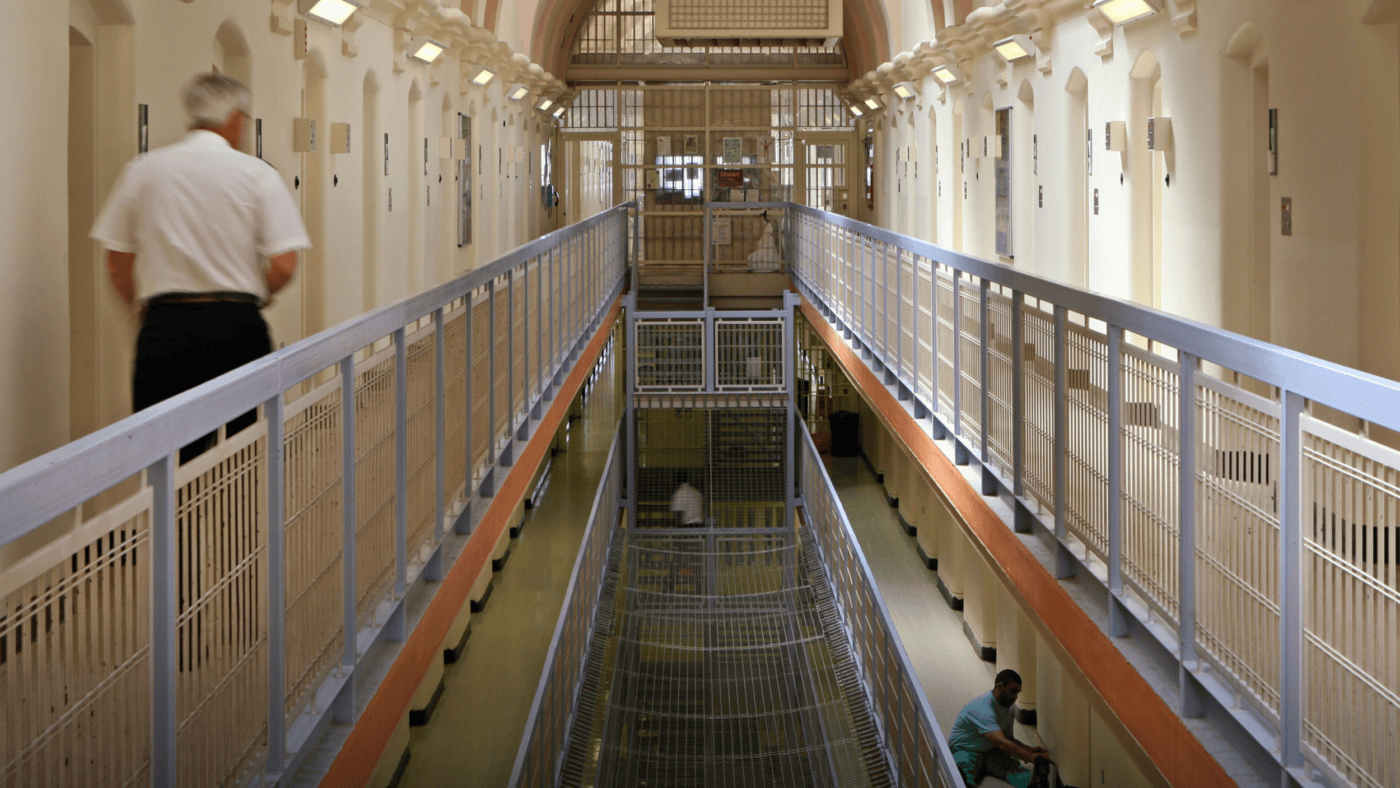Robert Jenrick is continuing to annoy all the right people. This weekend he turned his focus to the appalling attacks on front line prison staff, including by terrorists, that have left dozens of wounded, maimed and traumatised officers struggling to contain the threat in our High Security prisons.
Jenrick asked me to produce a rapid analysis of the current terror threat drawing on my experience as a former government reviewer of the UK threat and my work around the world on managing highly dangerous people. While this paper could not have access to the ongoing official review, I did think I had enough expertise to add to the debate. The criminal justice commentariat were apoplectic. Why?
The Conservative checklist to restore order and protect prison staff based on some of my recommendations is certainly radical. We need a specialised high control unit located inside a military base to incapacitate highly dangerous and subversive terrorists who cannot be managed safely. We need to rapidly expand non-lethal and lethal alternatives for specialised officers responding to terrorist incidents. We need all prison officials who deal with radicalisation screening – including prison chaplaincy – to pass enhanced and retroactive Security Clearance checks. We need front line staff working with terrorists immediately issued with stab- and spike-proof vests. We need High Security prisons as part of our Critical National Infrastructure. The Government needs an independent adviser on counterterrorism. And so on. The full text will be published this afternoon.
Now granted, the great and the good of our criminology boss class only had the political interpretation of these measures to go on, but the response was depressingly predictable from an endlessly self-referential and self-deferential cadre of progressives who last had a new idea when Roy Jenkins was Home Secretary. And to be fair to Robert Jenrick, he was endlessly clear on the Sunday TV sofa rounds that what we were calling for in tactical capability, to use one example, wasn’t the officer with the tea urn strapped like Dirty Harry. But there is an endless squeamishness from the bulk of criminologists when it comes to protecting staff from levels of violence which are both obscene and out of control. Assaults on staff when last measured were at an all time high with a 13% increase year on year to 10,605. Across the system, an average of 29 officers every day are punched, stabbed, slashed, sexually assaulted, spat on, covered in excrement, burned. And the response of many in the penal reform industry is to worry about them becoming ‘too militarised’.
When it comes to protecting staff from those who are most dangerous – terrorist prisoners that are still intent on killing for ideological reasons – there’s enough handwringing to keep an army of physiotherapists in business. I have suggested that there needs to be a bespoke unit located in a military base to manage such people. While this is literal militarisation in a way, my conception is based on the proximity to a lethal attack on an officer by a radicalised prisoner. We have been seconds and millimetres from this awful reality before, not prevented by anything the prison service is doing corporately but by sheer luck and the bravery of responding colleagues. But why a military base? In January this year, the Chief Inspector of Prisons, Charlie Taylor described the lack of protection against drones in two of our high security prisons as ‘a national security threat’. He said this because drone infiltration was so complete in places that hold terrorists that a cell window delivery of weapons and explosives was easily possible. That it took the accident of a random independent inspection to reveal this atrocious risk ought to have been a resignation issue in itself. But in the hermit kingdom of His Majesty’s Prison and Probation Service, accountability is a foreign country.
My review, which will be shared with Jonathan Hall KC and available online, is an attempt to wake ministers up to the serious and imminent threat terrorists in prison pose to the men and women in uniform who often feel abandoned by officials in their own organisation. Hall is an excellent pick to lead the formal government review. His 2023 review of terrorism in prison was a stark illustration of the scale and nature of the problems of dealing with people who kill for ideas. My mission is to make the likelihood of the murder of a prison officer by fanatics less likely than it otherwise would be. Those in organisations paid for in part by the prison service would do well to think about their reflexive disdain for Jenrick’s activity this weekend. He’s articulating the incredulity of ordinary people that the enforcement of law and safety on either side of the prison walls is crumbling. Of course previous administrations got us here. I’ve never resiled from making the point even when I was a Conservative party member. But lofty moralising about this failure won’t protect a single life. This is what effective opposition looks like.
Click here to subscribe to our daily briefing – the best pieces from CapX and across the web.
CapX depends on the generosity of its readers. If you value what we do, please consider making a donation.


